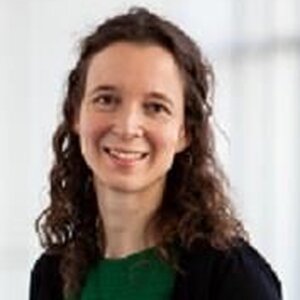Urban Diversities: Challenges for social work (EN)
The Urban diversities project brought together students, residents of super-diverse urban neighbourhoods, social workers and teachers from five different countries. Together, we learned to recognise and deal with urban complexities and tensions.
We did this through a blended learning course consisting of community service learning in the five cities involved, combined with virtual transnational exchange.

Throughout Europe (sub)urban areas are facing complex challenges. Cities are characterised by socio-geographical inequality in terms of income, housing, safety, mobility, opportunities, consumption, power, and privileges. At the same time, cities are also places of hope, development, social mobility and social innovation, and in many ways, are good for people and their well-being.
This duality of the city poses many questions and dilemmas for social workers: How to 'read' a city and gain insight into its dynamics? How to learn to navigate through different - sometimes contradictory and paradoxical - urban realities? How to gain insight into the needs and forces present? How to find, select and combine relevant and adequate knowledge? What is the role social workers should play in the interplay of forces between all sorts of actors who are active in the city?
To prepare students for practising social work in complex urban contexts, lecturers from Brussels (Belgium), Turku (Finland), Manchester (UK), Debrecen (Hungary) and Utrecht (Netherlands) developed the course 'Urban Diversities'. The central focus of the course is to strengthen the capabilities of future socially engaged professionals (including social workers, social care professionals, youth workers and community development workers amongst others) to intervene effectively in situations that involve urban tensions and complexities.
The Urban Diversities course focuses strongly on combining dual strands of local and transnational learning. In one strand, students participate in a Community Service Learning (CSL) trajectory in their own city. Within CSL, learning takes place together with the social work field and alongside the public of participating organisations. In this sense, it forms a unique partnership between the university, the field and the community.
The second strand of collaborative learning focuses on transnational exchange. Students, lecturers and social workers from the various cities involved meet each other online on a regular basis. They receive conceptual input, discuss their CSL experiences together, look for similarities and differences between the different local settings, and jointly develop new experiential knowledge about the role of social workers in a complex urban context.
Publications
- Sociaal.Net: Schrooten et al. - De grootstad vraagt om ander sociaal werk
- Socialevraagstukken.nl: Schrooten et al. - Grootstedelijk sociaal werk moet met andere ogen kijken
- Social Work Education: Claes et al. - Community service learning in complex urban settings
- Engaged Learning in Belgium: Claes et al. - Community Service Learning - An appropriate model for social work education in complex urban settings
- Course manual
- Guidebook Community Service Learning
Project partners
University of Applied Sciences Utrecht, Manchester Metropolitan University, University of Debrecen, Turku University of Applied Sciences





